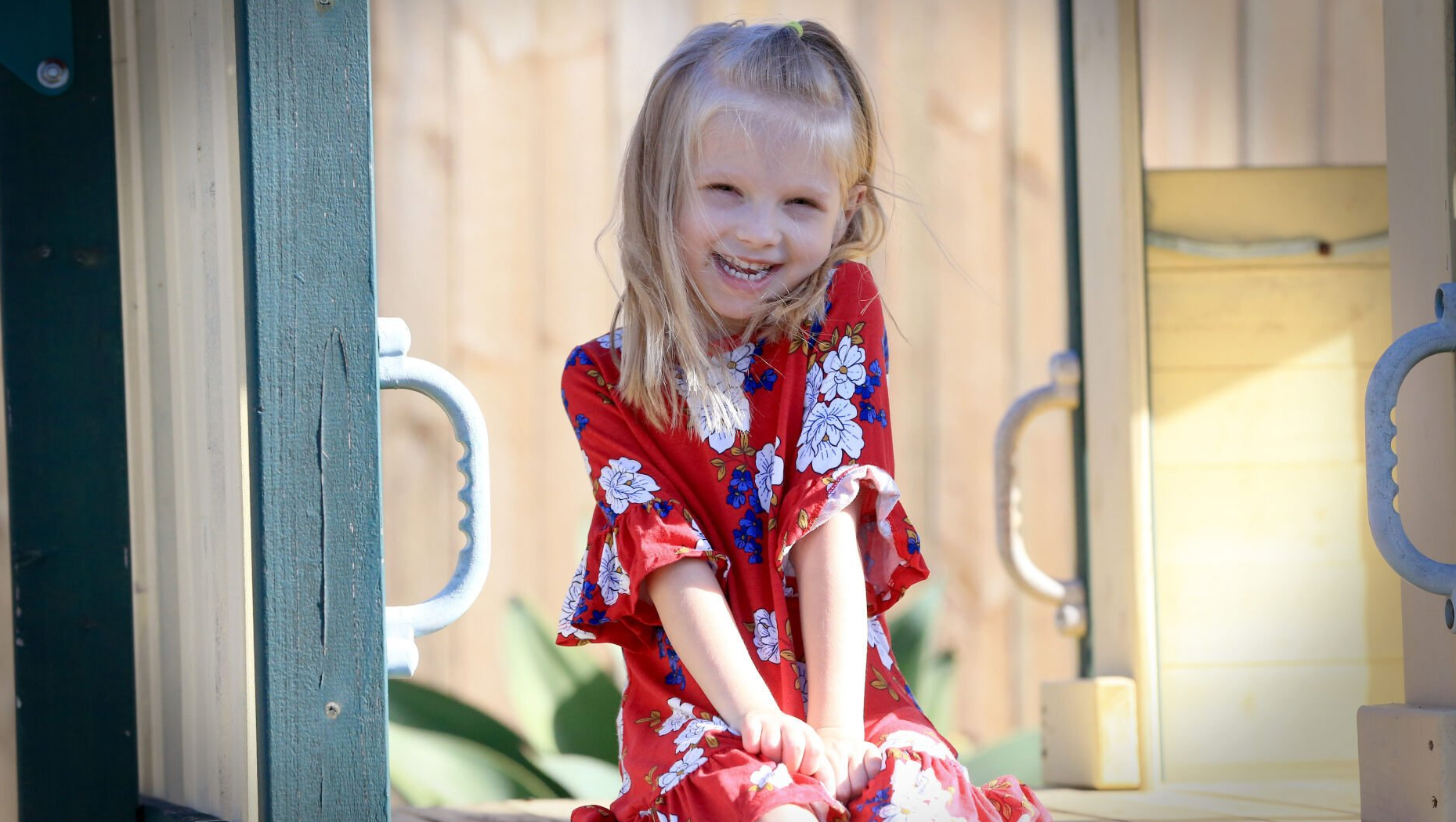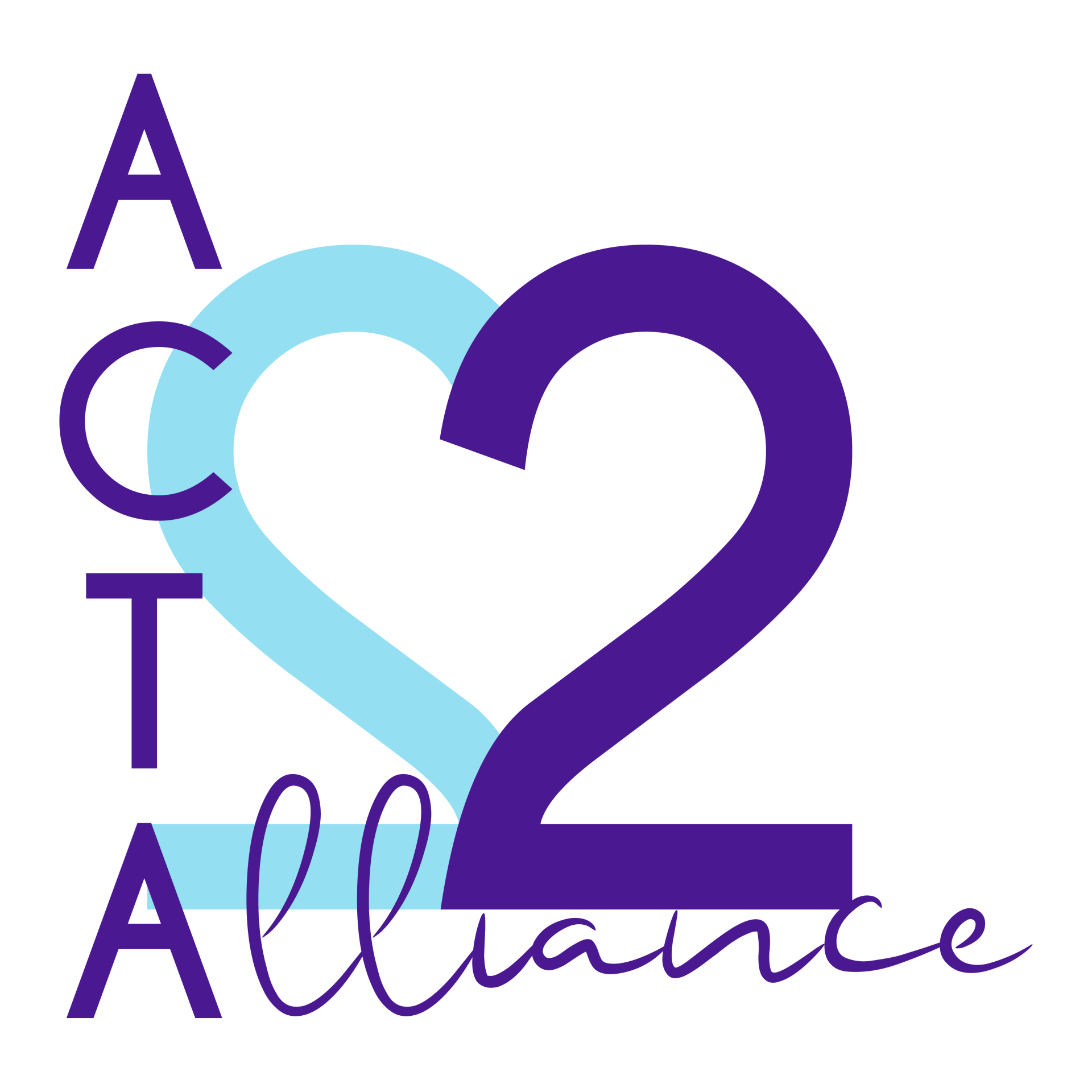
April 11, 2019
indiana dawkins
Hi! I’m Meg, wife to Josh and Mum to Israel, Indiana and Olivia. We live in Brisbane, Australia. Indiana our middle child, who is now 7 – has suffered from complex medical issues. Her story starts as a baby when she was diagnosed with a heart condition - Dilated cardiomyopathy. For 4 months Indi was in hospital as she slowly recovered from heart failure. Whilst Indi was an inpatient we noticed some strange things, Indi’s eyes were always dilated, extremely slow to react. Doctors put it down to an anaesthetic reaction. Indi also suffered from pulmonary hypertension at the time of her heart failure and seemed to struggle with constipation. Some of these symptoms were a little puzzling and hard to find the source. Indi came home, and slowly life got back to normal. A few months after Indi turned 4, she suffered a seizure and a stroke in the early hours of the morning. After being rushed to hospital and a number of scans and tests, Indi was diagnosed with “Moya Moya” Disease. Indi’s scans showed that Indi had suffered many strokes in the past and Doctors were extremely puzzled. Indi eventually recovered and we eventually came home. During this time Indi’s scans were given to a vascular neurologist and she recognised some vessel patterns in Indi’s MRI pictures, she had seen a similar pattern in a child in Vancouver and this child happened to have the Gene Mutation ACTA2.R179H. After some testing it revealed that Indiana did indeed suffer from this particular gene mutation. This diagnosis came shortly after her Moya Moya diagnosis and at the time it was a welcomed answer to all Indi’s strange symptoms. They all added up and they all made sense. From the brain disease to the bladder and bowel issues as well as the permanently dilated pupils. We truly believe that if this particular neurologist didn’t see Indi’s scans and hadn’t witnessed the other child’s scans that Indi would still not be diagnosed. Whilst this diagnosis brought some answers, it didn’t bring many. As many of us know this is an extremely rare mutation, at the time there were no other diagnosed children in Australia and the Neurologist couldn’t offer me much research. This was extremely distressing and lonely, having little research meant no data to go off, we were left with so many questions. At all Indi’s different specialist appointments I had to explain her new diagnosis and give them the one medical research paper I had so they could get a better understanding of how Indi’s little body worked. After some time i came across a group on Facebook, I was so happy to find some other parents who were dealing with exactly what we were going through and could understand our frustrations. Being able to ask questions about symptoms and treatments was huge relief! There is still only 3 children diagnosed in Australia, Indi being the first. There is still little to no awareness of ACTA2 in Australia amongst medical professionals, meaning I am constantly reminding Doctors of this when it comes to creating treatment plans for her. When the idea of the conference came about my husband and I immediately knew we needed to go, we want to meet other families and form those connections in person. We want to have relevant information about all of the aspects of ACTA2 and have recommendations that we can bring back to Indi’s treating specialists back home here in Australia. We are so thankful for the work of the founders of the ACTA2 Alliance, as well as the Specialists involved in researching ACTA2. We cannot wait to join with them in advocating for the children and families who are affected by this gene mutation. When we all work together we can do great things. Thank you for reading!
Blessings, Meg Dawkins



